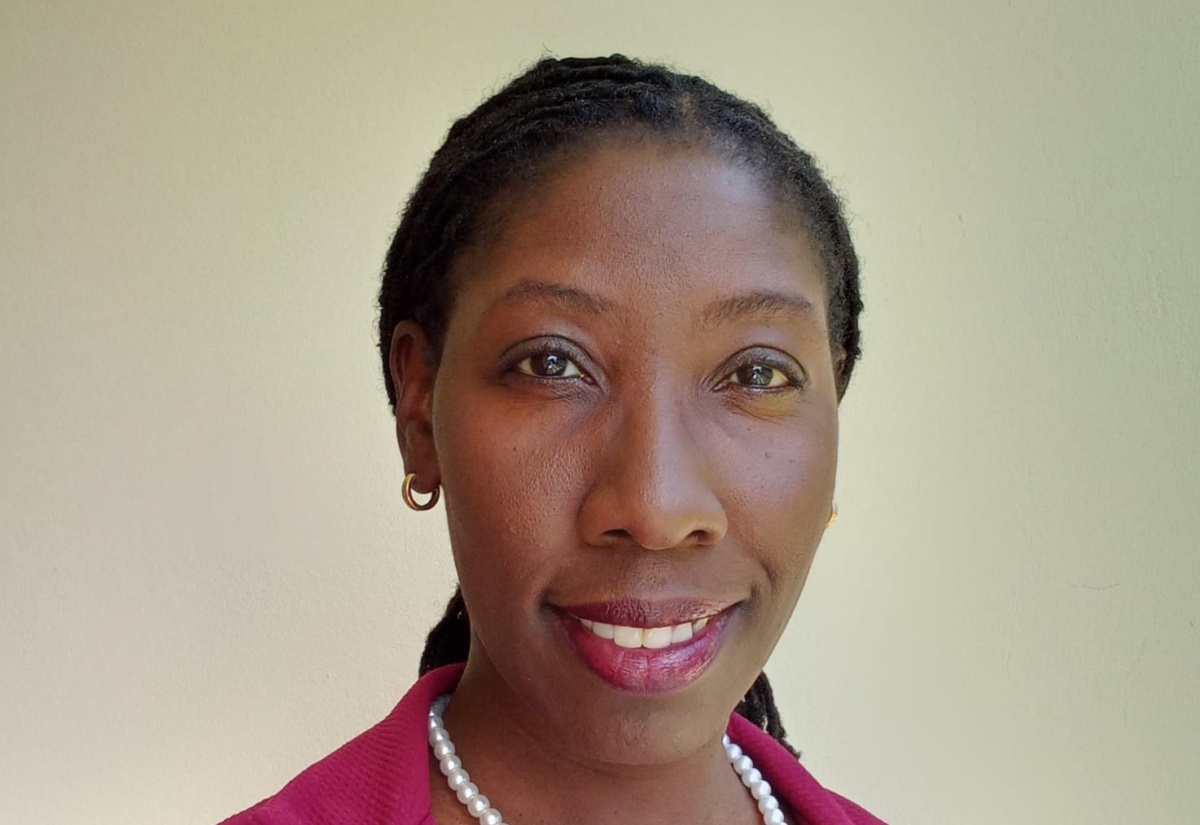Health Ministry Urges Greater Take Up of Disease-Preventable Vaccines
By: , November 1, 2023The Full Story
The Ministry of Health and Wellness continues to encourage the take up of vaccines as a means of safeguarding the health of the population.
Children are among the most vulnerable groups in the society and have always been the main target of the country’s immunisation programme.
In Jamaica, priority is given to ensuring that children are immunised before they begin school.
Speaking with JIS News, Acting Director of the Family Health Unit in the Ministry, Dr. Julia Rowe-Porter, says immunisation is an essential public health tool to safeguard the population against vaccine-preventable diseases such as measles, polio and rubella, which can cause significant disability and death.
She explains that vaccines “are given to boost immunity to prepare the immune system to respond better and stronger and longer if persons come in contact with the germs later on.”
Noting that the immune systems of children are weaker, especially when they are infants into early childhood, she says immunisation ensures that they are protected.
Dr. Rowe-Porter says it is important that all the age-recommended doses are administered to children before they enter school, because in the school setting, conditions are “ripe for transmission of diseases if they are introduced in this community.”
Jamaica has had a very strong record of vaccination success among children.
The Expanded Programme on Immunisation (EPI) was established in 1977, to achieve 95 per cent coverage for all nationally-recommended vaccines.
Due to the strength of the immunisation programme, Jamaica was able to successfully eliminate poliomyelitis in 1982; measles in 1991; rubella in 2000, while the last case of congenital rubella syndrome was recorded in 1998.
According to the Immunisation Regulations of 1986, which were drafted under the Public Health Act of 1974, all children in Jamaica are required to be adequately vaccinated by their first birthday.

The regulations also stipulate that it is the duty of every parent to have his or her child immunised and, all children under seven years must be adequately vaccinated before they are permitted entry to school.
Children must be vaccinated against the following preventable diseases: small pox, pertussis, polio, tetanus, diphtheria, measles, mumps, rubella and congenital rubella syndrome, Haemophilus influenza type B, hepatitis B, and tuberculosis.
While the vaccination programme prioritises children, the COVID-19 pandemic and the global rollout of vaccines has highlighted the importance of the promotion of and investment in life-course immunisation, promoting policies that support immunisation across the life course, rather than restricting it to childhood.
Dr. Rowe-Porter says that other members of the society also need to be protected such as pregnant women and the elderly.
“If mothers are immune to vaccine-preventable diseases, they protect the unborn fetuses and the newborn because the mother would develop protective anti-bodies that are transmitted to their fetus to protect them when their immune systems are weakest,” she points out.
Crucial too, she notes, is the “protection of our elderly population that have weakened immune systems at that age and stage of their lives, especially those that have chronic illnesses like diabetes, heart disease, kidney disease and asthma.”
Dr. Rowe-Porter points out that vaccines are free and available at health centres and hospitals across the island, and is imploring persons to take advantage of the opportunity to get their shots.
She contends that if the vaccination rate falls “we may reverse all the gains we’ve made and have outbreaks of these diseases that we have eliminated from our population.”
“There are over 300 health centres across the island, most if not all of them offer vaccination at some point or the other during their opening schedule. Hospitals also administer vaccines at birth to childhood,” she notes.
“For adults, who are accessing health centres, they can ask for vaccines for flu, and others that they may have missed and need to be boosted for,” Dr. Rowe-Porter advises.
She is appealing to members of the public to disregard certain myths and misinformation about the use of vaccines and to understand their importance in protecting the entire country.
For more information about the national immunisation programme, persons can visit any health centre, contact the Ministry of Health and Wellness at 876-633-8172 or visit www.moh.gov.jm.




